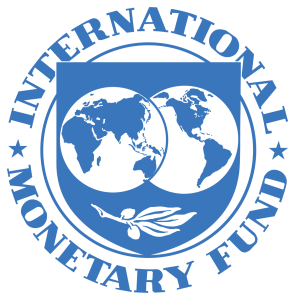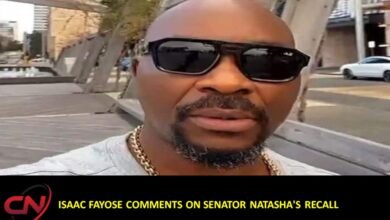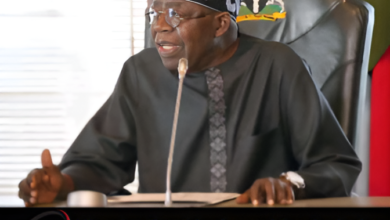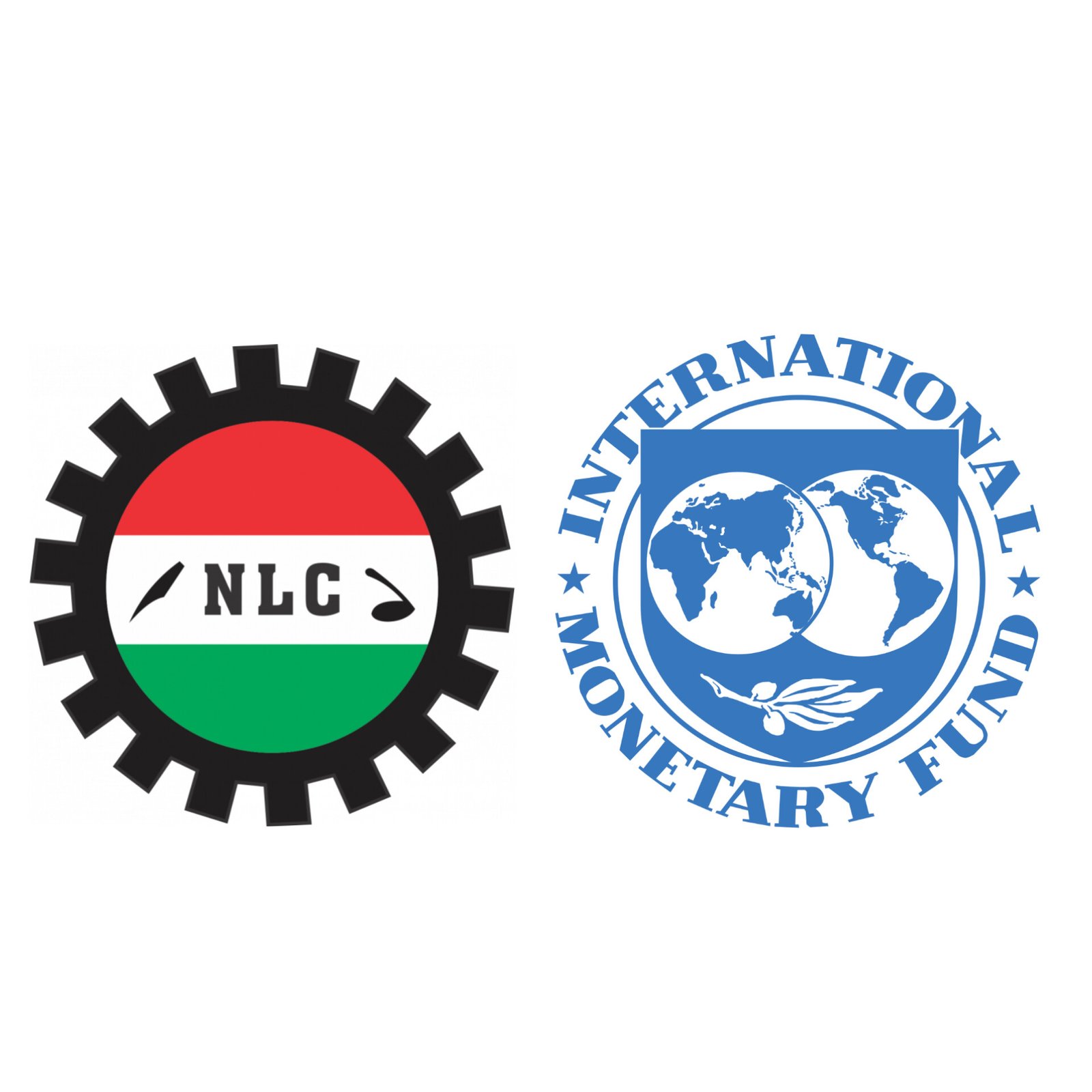
The Nigerian Labour Congress (NLC) has lately openly criticized the International Monetary Fund (IMF) for rejecting any involvement in Nigeria’s policy of erasing subsidies on fuel. On that score, this issue has triggered a lot of controversies explaining the dynamics of global financial institutions and economic development policies of the third-world countries.
Advertisements
This prospect was perhaps captured with the growing sentiments of the NLC regarding some perceived interference from the IMF and the World Bank over the Nigerian economy.
Brief on Fuel Subsidy Removal

In Nigeria, there has always been an issue with fuel subsidies. These subsidies have been implemented with the aim of ensuring that fuel is made easily accessible for the ordinary citizen, but having been in existence for quite a long time now, they do prove to be a major drain to the nations economies.
The Nigerian government, aware of the need to restore some balance to its economy and much pressured to decrease fiscal deficits, had to do away with these subsidies. This decision has further plunged the pump price of fuel and hence made the cost of living unbearable for several Nigerians.
The IMF has traditionally advocated for what may be described as economic reforms, such as subsidy stripping across developing nations. But the recent utterances by the IMF African Region Director, Abebe Selassie, to say that the removal of the subsidy was a “domestic decision” have angered the NLC.
They therefore dismiss such statements as empty rhetoric and an attempt at deflecting from the role that the IMF has been playing in influencing economic policies in Nigeria and other Developing Nations.
Critique of NLC against IMF
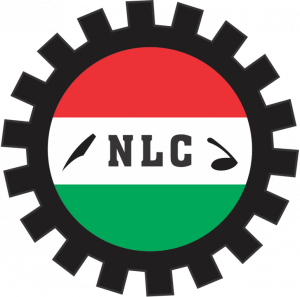
In a statement that was released from the NLC with Joe Ajaero as the President, the organization said that it was not surprised with this move from an institution like the IMF, and they referred to it as being “cynical and typical”.
Ajaero opined that even though the IMF did not directly call on the Nigerian government to remove the subsidy, its constant recommendation has put the government under pressure, in which discontinuation of the subsidy appears as a necessity in balancing the country’s finances.
He said,
“The IMF and its peer in the World Bank are the two prominent organizations—that still demonstrate a track record of dangerous policies that lead to intractable lending concepts for the developing countries.”
The opinion of the NLC is that the IMF continually shifts the blame when it seeks to distance itself from social suffering, which tends to be caused by the policies that this institution endorses. Ajaero was quick to note that while the IMF stated that the subsidy removal was a local decision, the organization too closely controls policy decisions in most developing nations.
He further stated:
“This disassociation from the removal of the subsidy in Nigeria, in combination with declaring that it was a homegrown policy, is unbecoming with respect that the IMF has in policymaking in many developing nations.”
The Disparity between Policy and Implementation
As it is noted in the case analysis, the NLC’s objection is that the IMF policies ignore the realities on the ground in Nigeria involving the average citizen. This is even more so with the recent success by the current government to eliminate fuel subsidies, thus sending the prices of most basic goods up, causing more families to be living in abject poverty.
The NLC pointed out that the social protection measures that the IMF provides as recommendations that could reduce the effects of such measures lack effectiveness in the government. According to Ajaero,
“The reality in Nigeria has continued to reveal a profound disconnect—subsidy removal and price hikes have put the cost of these essential goods beyond the reach of many.”
Moreover, the NLC dismissed the IMF’s advocacy for the government to mitigate the impacts of subsidy removal through social protection interventions. They point to such measures as ineffective since many lone parents end up receiving none of the support given in their name.
According to Ajaero, “This system makes them focus on handouts in this instance, RICE, which never reaches the people.”
Historical Context of IMF’s Influence
NLC’s statement also bears historical reality of the IMF encroachment in Nigerian affairs from a broader perspective. Different Nigerian governments have succumbed to the effects of the IMF suggestions and failed to achieve the typical steadiness by practicing new austerity measures that regularly have a nasty impact on the economy.
Ajaero observed,
“For Nigeria, where successive governments have often succumbed to these recommendations, the IMF’s disavowal is rather hollow, as it downplays the extent to which the fund has shaped Nigerian economic policies.”
It makes one wonder about the good faith and credibility of the IMF’s economic advice to the developing countries.
The NLC believes that the IMF’s view that Nigeria now exercises full control of its economic policies defeats the documented historical significance and continued interference that have preceded political instability and economic unfavorable conditions within the country.
Ajaero opined:
“This shifting narrative not only erodes the credibility of the IMF but also makes one wonder the authenticity and the truthfulness of its economic recommendations on third-world countries.”
The Call for Economic Sovereignty by the NLC
Based on these criticisms, the NLC has urged Nigeria and other developing countries to regain their economic independence. They assert that it is critical to avoid the adoption of outside agendas that do not take into account history and the people’s concerns.
According to Ajaero,
“The NLC has insisted that Nigeria and most other developing countries must regain their sovereignty in determining their economic futures without being forced to adopt policies that do not have regard to their peculiar circumstances or the poor.”
This call for economic self-reliance is not only a rejection of the IMF prescriptions; it is equally the demand for policies that are positive for Nigeria’s economic and social wellbeing. Their rationale for giving precedence to the social aspect over fiscal results is based on the fact that NLC aims at the creation of a fair society in the long run.
Speaking on the policy, Ajaero said,
“Through our advocacy of sound policies that can positively affect the lives of Nigerians, we have checked the IMF and underlined the need for economic freedom in shaping the progressive future we all desire and can work for.”
Conclusion
Pertinently, the NLC’s robust condemnation of the IMF’s denial of any role played in Nigeria’s removal of fuel subsidies reveals continued conflict between global institutions and the realities of the world economies.
Such critique plays a backdrop as the Nigerian nation continues to count losses due to the removal of subsidies while calling for organizations such as the IMF to explain their actions and be more responsible in their operations.
The idea of economic sovereignty strikes a chord in a nation that has been experiencing the effects of the austerity measures firsthand. With Nigeria grappling with some of the worst economic indicators, the NLC’s call for policies that reflect the aspirations of the people rather than just meeting international standards will go a long way in helping to create a better, more sustainable world.
According to Ajaero, “Once again, we demand that the World Bank and IMF take their boots from our throats so that we can breathe as a nation.”
This powerful statement sums up the pressing call for a serious reconsideration of the role of the international financial institutions in determining the economic policies of developing nations.
Other articles
Unpaid Salaries: NASU, SSANU begin an Indefinite strike on Monday 28th October
Edozie Njoku Biography: Age, State Of Origin, Career, APGA, Wife, Family
Jim Trusty Wikipedia, Biography, Wife, Age, Family, Net Worth, Legal Career, Awards, Political Party
